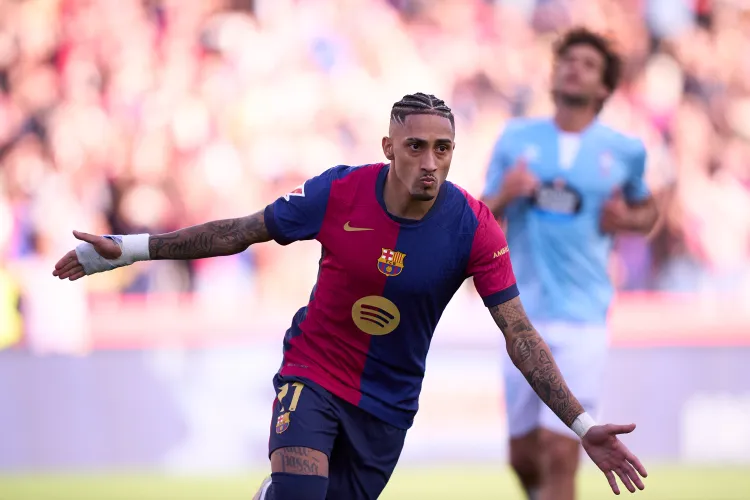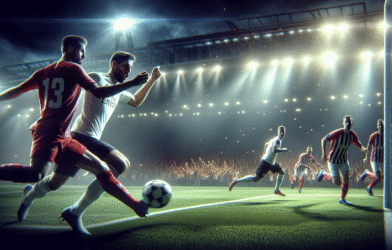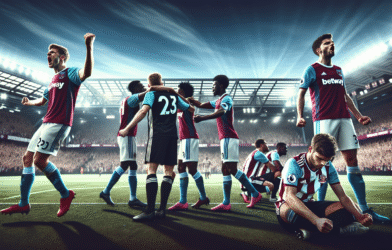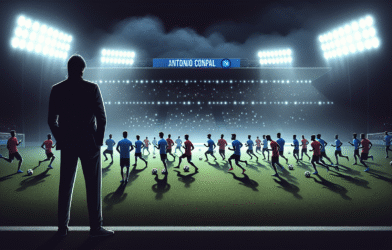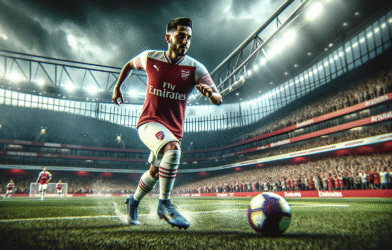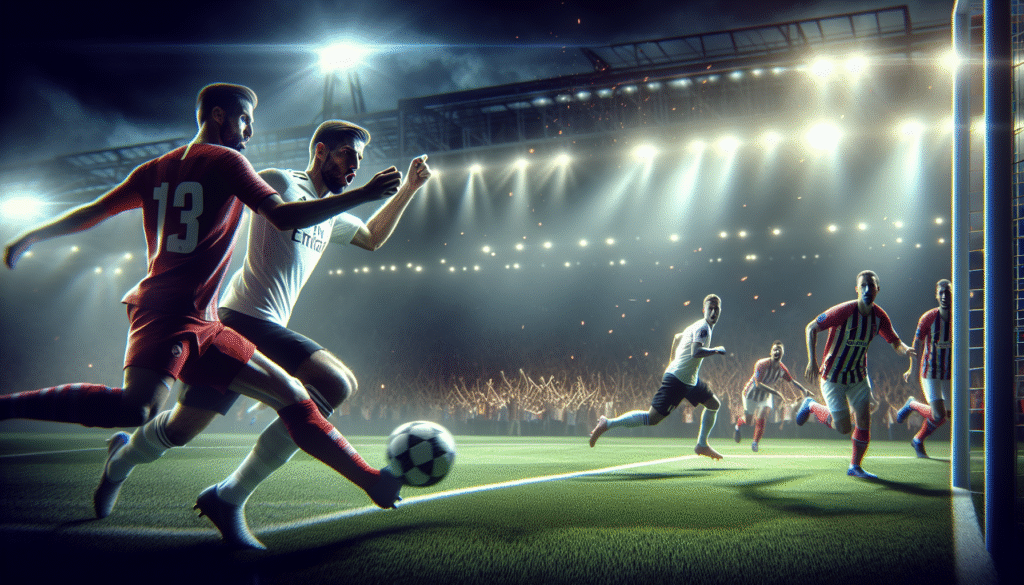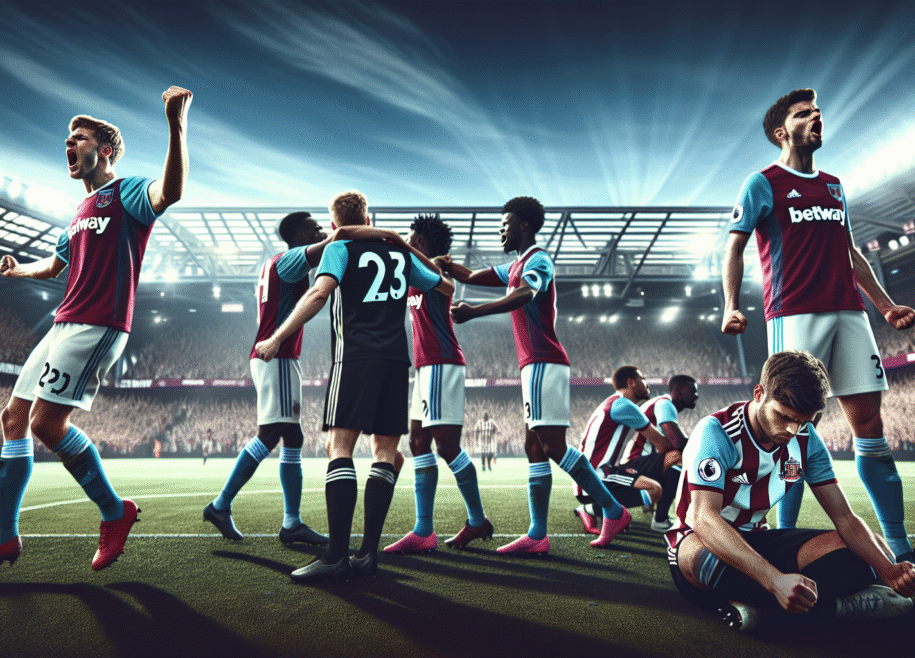Subtotal $0.00
Background
Barcelona’s 2024 offload push
In the summer of 2024, Barcelona faced a difficult offload push as part of broader squad planning. Financial constraints, wage structures, and a need to refresh the attack pushed the club to consider trimming the roster. Raphinha remained a focal point, given his impact and wages, even as the club mapped a longer-term strategy to compete at the top level. The discussions were not only about balance sheets but also about how to preserve a group capable of delivering in La Liga and across Europe. This environment set the stage for a moment that would later be seen as a turning point in both Raphinha’s career and Barcelona’s season plans. The topic of the Raphinha Saudi offer began to circulate in internal talks, signaling how off-field temptations can intersect with on-field ambitions. Barcelona’s strategic approach would soon be tested in real time.
Saudi Arabia temptation
The Raphinha Saudi offer emerged as a major talking point across the summer. The Saudi Pro League’s financial pull presented a tempting alternative to Barca’s plan. For Raphinha, the move signified more than money. It offered a new challenge, a different climate, and a broad fan base ready to embrace him. Yet the decision was not merely financial. He weighed family considerations, mental well-being, and long-term happiness. The Raphinha Saudi offer underscored how football economics can reshape careers in days, not months. For Barcelona, a potential departure would force a rapid recalibration of tactics, recruitment, and squad balance, stressing the need for a cohesive plan that could sustain performance without compromising the club’s broader objectives.
Hansi Flick’s intervention
As the summer wore on, Hansi Flick reportedly stepped in with a perspective grounded in his experience with Barcelona players. The Germany coach maintains close relationships within the squad and has a track record of guiding players through high-pressure moments. Flick reportedly spoke with Raphinha, emphasizing continuity, a clearly defined role, and the value of a supportive environment. The intervention occurred just before what would become a landmark season for Barcelona, offering a path that combined personal reassurance with professional purpose. The dialogue illustrated how trusted coaching voices can influence career decisions beyond tactical schemes, reinforcing the importance of mentorship in player retention. DFB connections were cited as part of this broader support network.
Impact on Barcelona’s 2024-25 season
On-pitch contribution and development
Raphinha’s decision to stay unlocked a new gear for Barcelona. He returned with energy and sharper focus, delivering pace, width, and incision in the final third. His ability to beat defenders one-on-one stretched hesitating defenses and created space for teammates. Moreover, his willingness to press high and track back fit Barca’s aggressive philosophy, which demanded relentless work from the wide areas. The winger’s evolving link with players like Pedri and Lewandowski helped unlock sequences in tight games. As a result, Barcelona developed a more dynamic front line capable of sustaining intensity through long seasons in La Liga and Europe.
Team dynamics and Ballon d’Or considerations
Stability in the squad allowed Raphinha to flourish and enter Ballon d’Or discussions. His creative sparks, decisive passes, and consistent output became defining traits of Barcelona’s campaign. The Ballon d’Or context remains fiercely competitive, with contenders from Europe’s top clubs, yet Raphinha’s form added weight to his case. The club benefited from his loyalty during a turbulent period, reinforcing the value of building around trusted personnel rather than chasing短-term fixes. For supporters, this season became a demonstration of how personal choices can align with collective success, elevating Barcelona’s status on the continental stage. Ballon d’Or context is part of a broader narrative about individual rewards tied to team achievement.
Ballon d’Or context and future implications
Context and momentum
The Ballon d’Or narrative around Raphinha gained momentum as Barcelona secured impressive results. His creativity, pace, and decision-making in key games built a compelling argument for personal recognition. While the award remains highly competitive, the season’s momentum underscored how a player’s form can translate into global attention. This alignment between team success and individual metrics strengthened Barcelona’s case for extending his stay, while also reinforcing the club’s philosophy of pairing top talent with stable leadership on the pitch.
Future implications for Barca and market value
Beyond trophies and awards, Raphinha’s status has tangible implications for Barcelona’s market value and negotiation power. A standout season could anchor his role as a long-term asset, justifying higher wages or extended contracts. Conversely, any downturn would trigger strategic reassessment. The Raphinha Saudi offer episode highlighted how off-field decisions intersect with on-field value, influencing both short-term deals and future policy. In any scenario, Barca’s leadership can point to his loyalty and performance as a model for sustainable negotiations and player welfare commitments.
Mental health and career decisions
Mental health factors in transfer decisions
Raphinha’s reflections show mental health as a significant factor in career choices. Elite football comes with constant pressure, which can shape a player’s readiness to move, stay, or recalibrate. Acknowledging mental health openly allows players to make decisions that protect long-term performance. Clubs that prioritize well-being create environments where players can thrive. Barcelona’s approach to supporting players during stressful periods reflects a broader shift toward holistic care in football.
Path forward and support structures
Looking ahead, the focus shifts to robust support structures inside clubs. Counseling, workload management, and adequate rest are essential. For Raphinha, a stable environment means more reliable form and stronger chemistry with teammates and fans. Fans acknowledge the human side of elite sport and appreciate leadership that prioritizes welfare. The takeaway is clear: mental health is integral to long-term success, shaping both personal happiness and professional outcomes in football’s high-stakes world.





